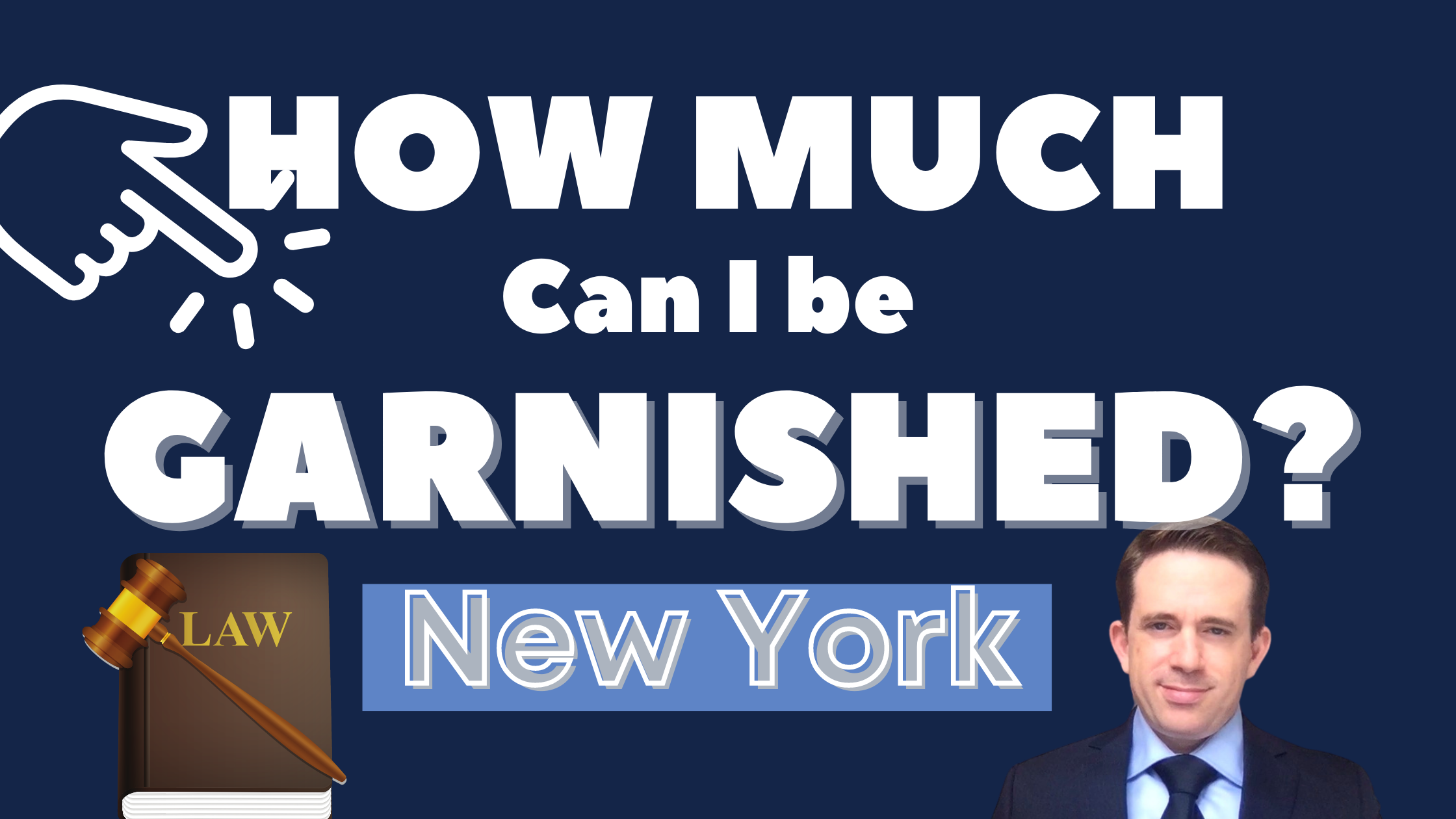We Defend You Against
City Marshal Ronald Moses
You have likely received a "NOTICE OF GARNISHMENT," which means you have 20 days to voluntarily pay the judgment before Marshal Moses initiates "wage garnishment" by serving an "INCOME EXECUTION" to your employer.
"Income Execution" is the legal document that initiates wage garnishment. The NOTICE OF GARNISHMENT instructs you to pay 10% of all your income, including salary and wages. Failure to comply results in your employer being served with the Income Execution, compelling them to deduct 10% of your paycheck and forward it to the marshal before you receive it.
How to Stop Garnishment:
- Obtain a court order or stipulation to vacate the court judgment (what we do).
- Directly pay off the judgment with the Marshal.
- Negotiate an agreement with the plaintiff's attorneys to pay the judgment and/or suspend the judgment while you make payments.
If you need help against a wage garnishment, complete this intake form.
More information about what is happening, and how much can be taken from your wages:
- Receive a Notice of Garnishment? Here’s a Summary of New York Law
- How much of my wages can be garnished? Summary of New York Law
- Vacating a Default Judgment in New York: 8 Fine Points
Quick Facts about New York City Marshals:
- New York City Marshals collect court-ordered fees for private litigants whose judgments they enforce; Marshals also collect 5% "poundage" on top of that.
- Their fees are granted by statute, and they must pay the city of New York an annual fee of $1,500 plus 4.5% of the fees they receive for collecting judgments.
- They are categorized as civil law enforcement officers, public officers, and ministerial officers, and are authorized and controlled by the New York City Civil Court Act.
- Marshals primarily enforce civil court orders, which include collecting on judgments, seizing property, carrying out evictions, and serving execution notices.
- They have the same powers and duties as Sheriffs of the Supreme Courts and may seize money, movable property (for instance, inventory from a business), vehicles, and return possession of rental premises to landlords (evictions).
- Unlike Marshals, Sheriffs are salaried employees of the city, and their office is a part of the Department of Finance. While both can execute judgments, Sheriffs also have additional law enforcement responsibilities.
- New York City Marshals are appointed by the mayor for five-year terms as independent public officers, meaning they do not receive a salary during their time in office.
- New York City Marshals' fees are granted by statute.
- Marshals' official activities are bonded to guard against malfeasance or nonfeasance.
- Marshals have the power to serve execution notices and physically levy property.
- Marshals undergo continuous training to stay updated on laws, regulations, and best practices. This training ensures they carry out their duties effectively and ethically.
- Marshals must keep detailed records subject to review by the appellate division.
Contact us right away if you've received any communication from a New York City Marshal. It is not too late to protect your money and assets.
Contact Information:
Ronald Moses
Badge No. 10
Marshal
City of New York
111 John Street, Suite 500
New York, NY 10038
Full List of New York City Marshals in New York City
|
|
If you need help, call us at (888) 271-7109, or complete this form.


